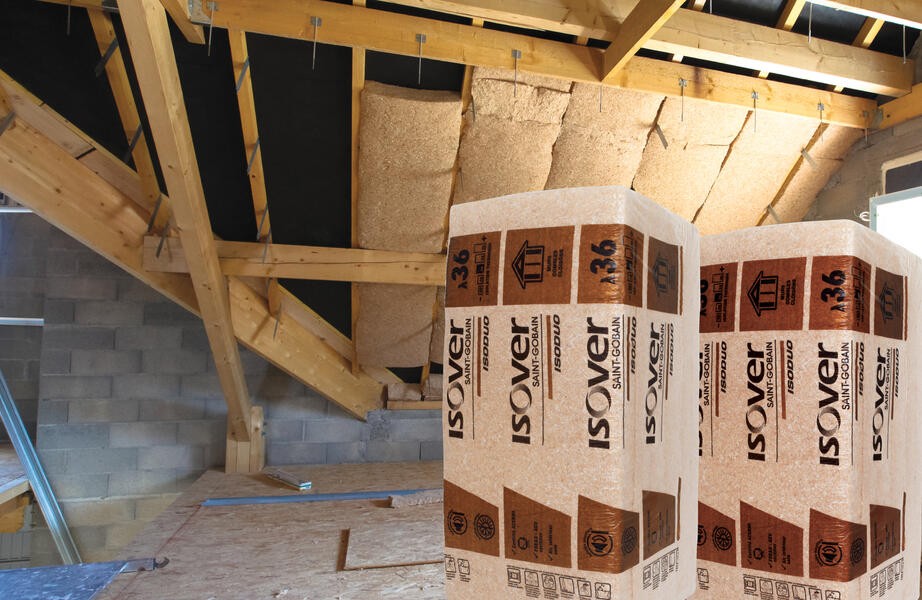Material Monday: Insulation
It has never been more important to insulate your home as millions of homeowners across the UK face rising energy bills.
New research by The Resolution Foundation suggests that people are facing a “leaky homes surcharge” when energy bills rise in April 2022.
Jonny Marshall, Senior Economist at the Resolution Foundation, said: “This long-term insulation challenge will be brought home to households very soon when energy bills rise by 50 per cent in April. Almost six million households will face a £320 ‘leaky homes surcharge’ on their energy usage as a result.”
But what is insulation and why is it important in the fabric of your self-build home?
Insulation is fundamental to any building to keep heat in and keep the cold out. Thermal comfort in a property can make a huge difference – not just to your comfort levels but it can significantly reduce the running costs of your self-build.
What is thermal comfort?
Creating a building that is well insulated and ventilated with a comfortable and stable temperature indoors and minimal heating requirements – that’s what thermal comfort is all about.
A poorly insulated home could increase your energy bills as heat is lost through gaps in windows, doors, roofs, and walls.
Before you assess the different types of insulation available on the market, it is vital that you, as a self-builder, understand the requirements set out in Approved Document L1A and Approved Document E of the Building Regulations.
Approved Document L1A relates to the conservation of fuel and power within new dwellings and sets out the required U-values for the roof, wall, and party wall within a home, as well as windows, doors and glazed roof-lights. Put simply, U-values measure the rate of heat loss through a building element - the lower the U-value, the more thermally efficient the building element is.
The Saint-Gobain Insulation UK U-value calculator gives you instant access to calculating a proposed insulation thickness and product options or giving an indicative calculation on a proposed construction detail.

Types of insulation
Glass mineral wool insulation
This is a common form of insulation in the UK. Available in a range of densities, glass mineral wool offers excellent thermal and acoustic properties as well as enhanced fire safety.
Sheep’s wool insulation
With excellent thermal and acoustic properties, sheep wool makes the perfect alternative to man-made insulation. As you'd expect, sheep's wool is a renewable and a continuous resource - which makes it reusable, recyclable and biodegradable – essentially an eco-friendly choice!
PIR (polyisocyanurate) insulation
A variety of lightweight, rigid, plastic-based foam insulation boards, which are easy to cut and remain a popular choice for pitched roof or framed wall constructions.
Explore our full guide to insulation
Saint-Gobain solutions
Saint-Gobain Insulation UK offers a comprehensive range of thermal insulation solutions, from loft or flat roof insulation, to room in the roof, floor, and wall insulation. The range of PIR, glass mineral wool and stone wool products are marketed under the Celotex and ISOVER brands. A product comparison tool is on hand to weigh up the differences between materials and to assist your decision-making process.
